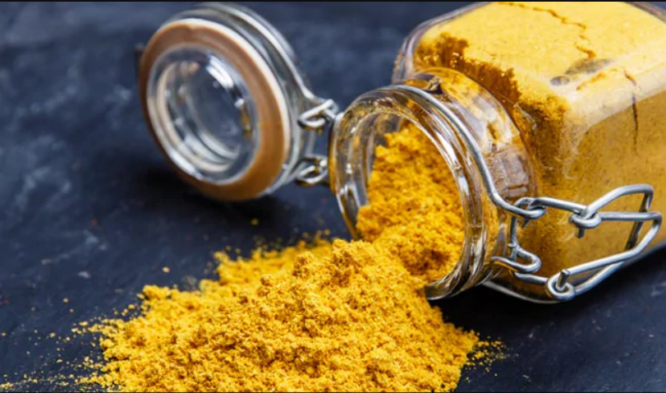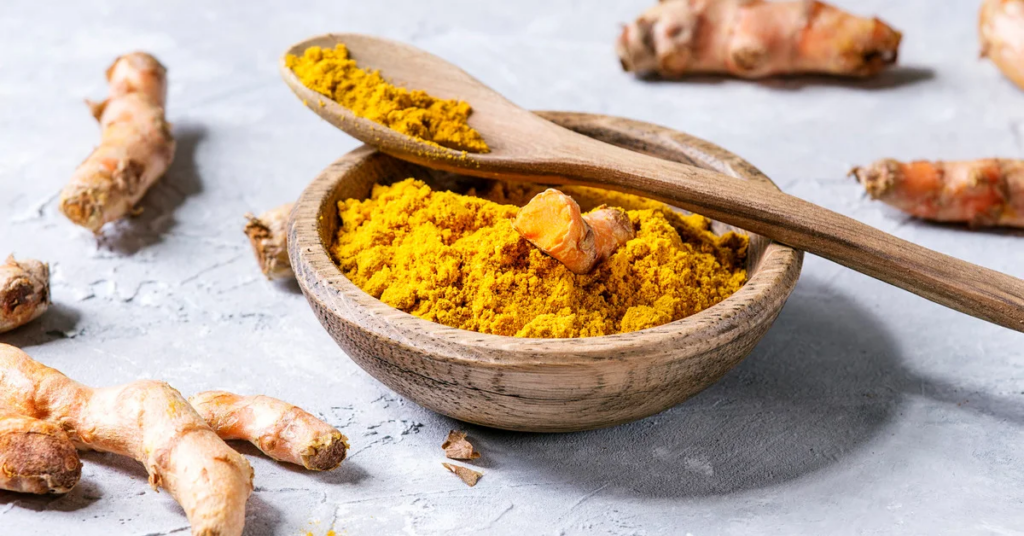Turmeric’s health benefits: tested 2023

Over 4,000 years ago, humanity utilized turmeric. It’s used in cooking, cosmetics, and Ayurveda to alleviate arthritis and wind.
Turmeric supplements are still popular. This spice is touted for improving brain function, pain, and inflammation in publications and social media posts.
Some of these claims are supported by research, however much of it is in cells and animals, leaving the impact on people unclear.
Turmeric contains about 100 components, however most of its health advantages are tied to curcuminoids (curcumin being the most prevalent).
Curcuminoids are phenolic chemicals, which plants use to color or deter animals. This gives turmeric its color and affects cell function.
These phenolic molecules, which have antioxidant properties in the lab, are connected to many of turmeric’s health benefits.
Antioxidants protect against free radicals, which can cause inflammation, heart disease, and cancer.
Turmeric is anti-inflammatory, although many of its health advantages have only been shown in cells or animals.
One research fed obese mice 1 gram of curcumin per kilogram. Curcumin-treated animals demonstrated similar brain function and liver inflammation improvements as weight loss diet-fed mice after 12 weeks.

Thus, whereas mice may have been healthier, people may not be. This study would have required an average 70kg individual to ingest almost 2kg of turmeric everyday, which would be unfeasible.
We don’t know if turmeric decreases inflammation in humans because no research have been done.
Affects pain
Turmeric and curcumin are sold as anti-inflammatory supplements for joint pain and arthritis, despite a paucity of human evidence.
One analysis found that turmeric supplementation may reduce pain in humans, sometimes as much as non-steroidal anti-inflammatory medicines.
This review includes research of varying quality. Many had a tiny population (ten or fewer) and varied turmeric doses. It’s difficult to recommend turmeric for discomfort.
Antioxidant turmeric may also fight cancer. Curcumin reverses breast cancer-causing DNA alterations in the lab. It’s unclear if turmeric prevents cancer or aids therapy in people.
A turmeric gargle may minimize radiation adverse effects in head and neck cancer patients, according to some study.
One clinical trial found that 120mg curcumin (about a teaspoon of turmeric) reduced cancer-causing polyps in people with familiar adenomatous polyposis, a rare genetic condition.
Turmeric may improve brain function, as inflammation is connected to numerous cognitive health disorders including dementia. Turmeric’s impact is unknown.

Human studies have been limited and inconsistent in design, dose, and cognitive effects measurement. This makes it hard to tell if turmeric improves cognition or if other variables contribute.
Turmeric works?
Getting turmeric from the intestines to the bloodstream is difficult. Due to its size and insolubility in water, curcumin is challenging for the body to absorb into the circulation.
Other study shows that turmeric affects intestinal microbes. This suggests that turmeric’s health advantages may not require bloodstream absorption because it’s already absorbed through the stomach.
Turmeric dosage is another issue. In many research, just the curcumin extract—3% of turmeric powder—is employed. Many studies give mice and rats more than 1g of curcumin per kilogram, making it impossible to attain in humans, even in supplement form.
Turmeric gives meals an earthy taste and brilliant yellow color. Its health advantages are unclear. Enjoy turmeric as a spice and culinary color, but don’t expect it to cure or treat sickness.
